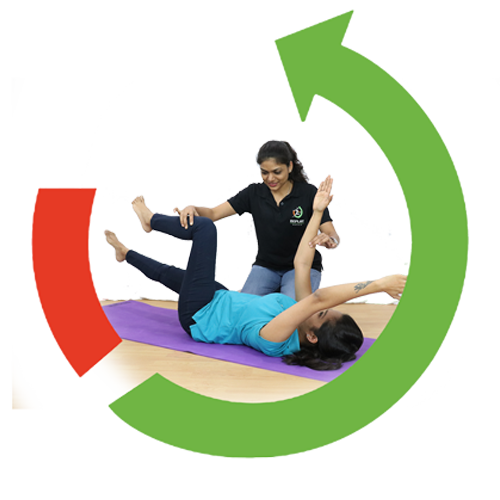
Clinical Pilates
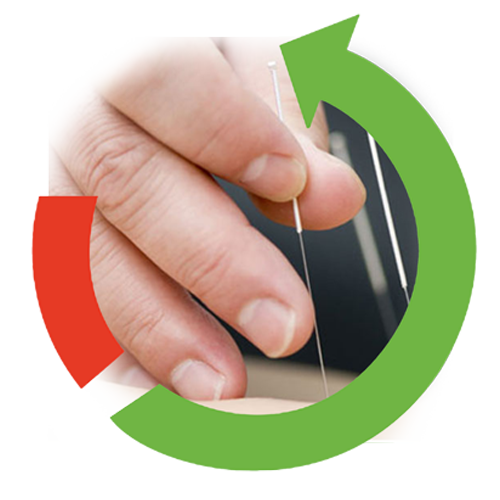
Dry Needling
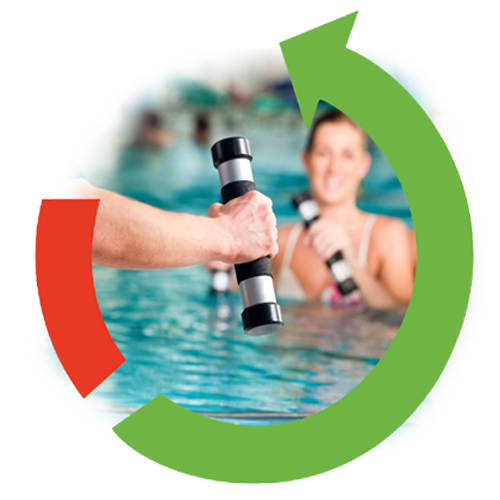
Hydrotherapy
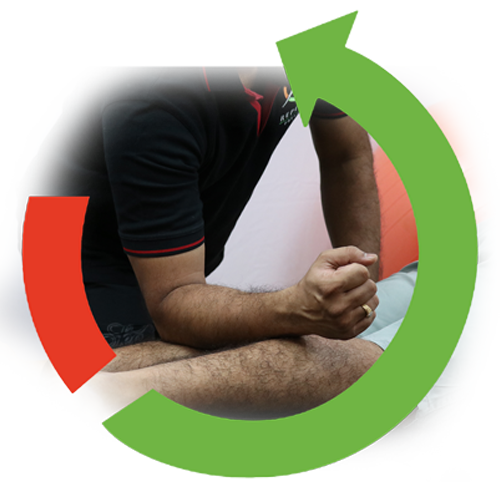
Deep Tissue
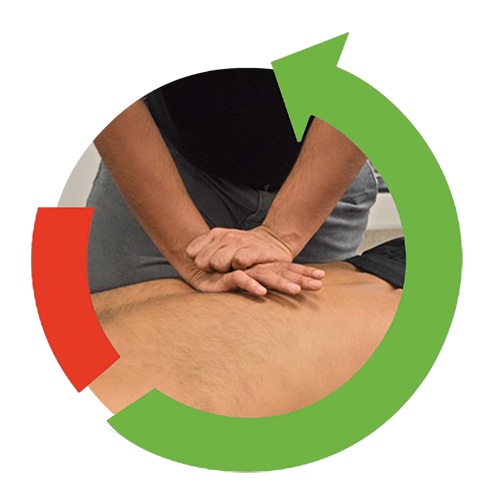
Manual Therapy
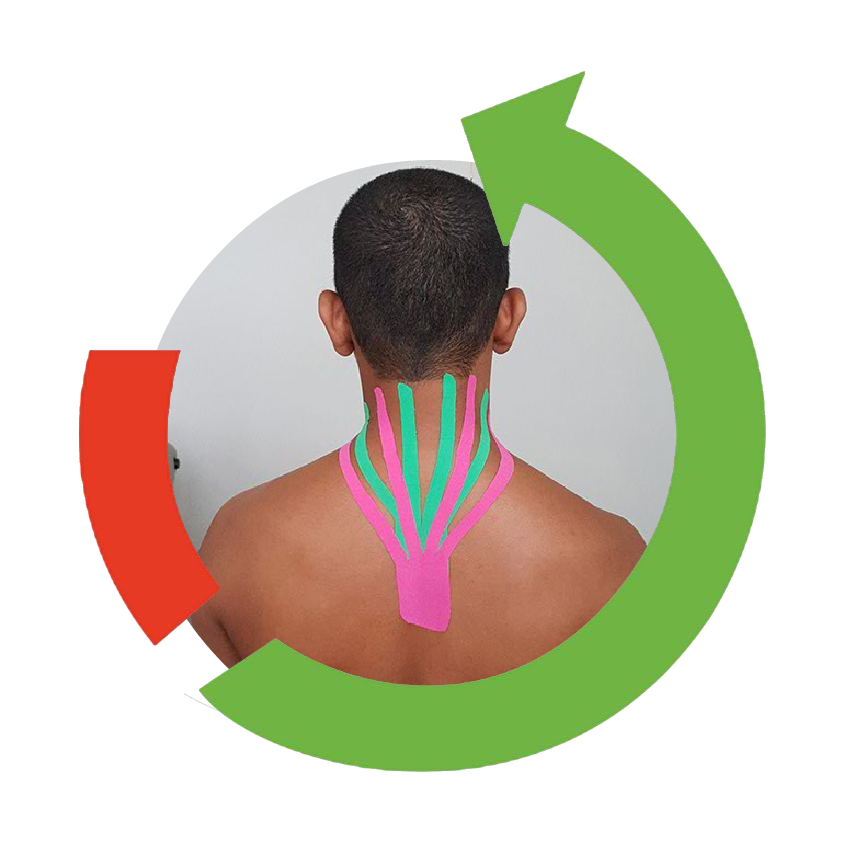
Taping

Exercises









CLINICAL PILATES
Pilates is a form of physical exercise that focuses on posture, core stability, balance, flexibility and breathing control.
Clinical Pilates is an important domain of Pilates which includes specific exercises that are modified on the basis of clinical assessments undertaken in cases of musculoskeletal pain and injuries, to enhance function in the road towards recovery.
• Chronic pain
• Mechanical neck and back pain
• Pre-natal and post-natal care
• Improving performance in sports
• Physical as well as mental relaxation
At REPLAY Physio, the Clinical Pilates programme will be individually tailored for each patient, based on thorough clinical assessment. We will make sure that you perform the exercises with utmost perfection to ensure the best effective outcomes.
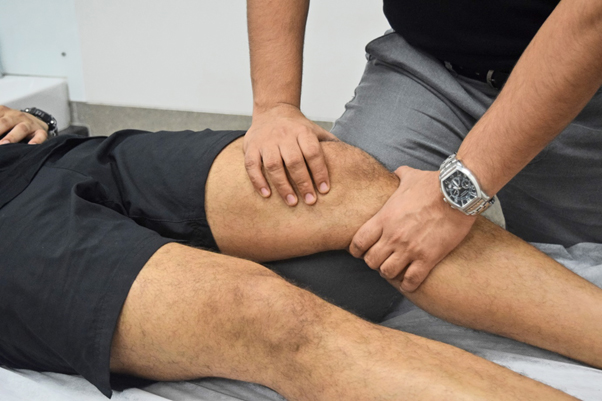
Manual Therapy
involves use of hands to feel how the joints and muscles are moving. Following this assessment a skilled physio uses special techniques to mobilize or manipulate a stiff joint, release tight mucles or facia or mobilize specific nerves. This quickly restores optimal motion thereby eleviating pain and allowing patients to perform exercises to maintain the pain free status.

DEEP TISSUE RELEASE
Irrespective of the type of sport/exercise, you put a considerable amount of stress on your body, especially athletes, both physically and mentally. Recovery from the stress on your body is a very important part for an optimal performance and injury prevention. This is where deep tissue massage comes into picture.
Deep tissue release involves applying slow, firm and deep pressure to reach deeper layers of muscle and fascia. Deep tissue massage helps in tuning down your nervous system, in turn reducing muscle tension, facilitates the function of cardiovascular system, thereby improving circulation, loosens up muscles and improves range of motion and also reduces some amount of delayed onset of muscle soreness..
We will perform a deep tissue massage if needed depending on your screening/assessment findings, muscle tone/tightness, biomechanical imbalances as well as competition calender
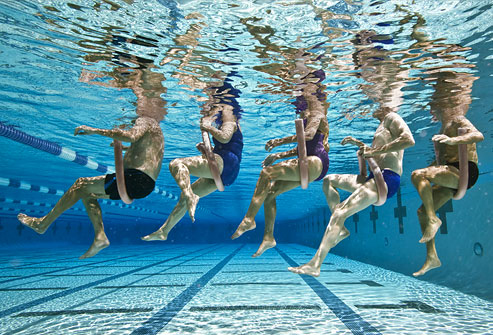
HYDROTHERAPY
Hydrotherapy is using water and its principles for exercise and therapeutic purpose. It uses the principles of water to allow exercise and to alter exercise intensity. Increased buoyancy (opposite to gravity) in water allows for more exercises than are permitted on land as you weigh less in water . Increased temperature and hydrostatic pressure promote better circulation and flexibility and reduced swelling..
Hydrotherapy can be used in a wide variety of conditions like osteoarthritis, rheumatoid arthritis, chronic pain, fibromyalgia as well as in reducing muscle spasm, increasing strength, flexibility and weight management.
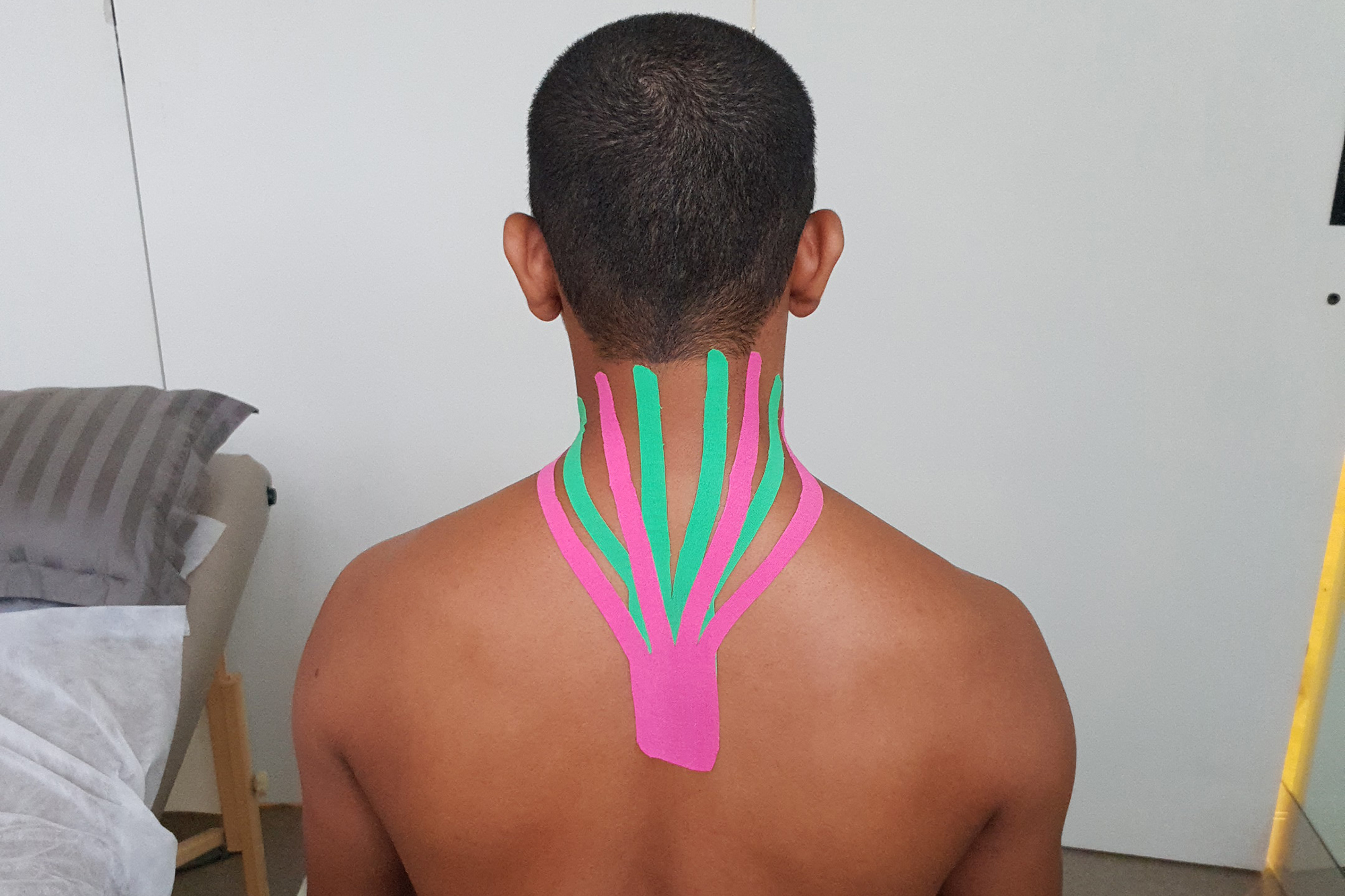
TAPING
Taping is the technique that utilizes adhesive strapping tape to aid management of patients with musculoskeletal conditions and sport injuries. Taping includes various types of taping like Kinesiotaping, Rigid taping and Dynamic taping, each functioning on different principles. Taping can be used for pain reduction, offloading overused muscles, enhancing the function of muscles, correcting biomechanical deficits, improving circulation.
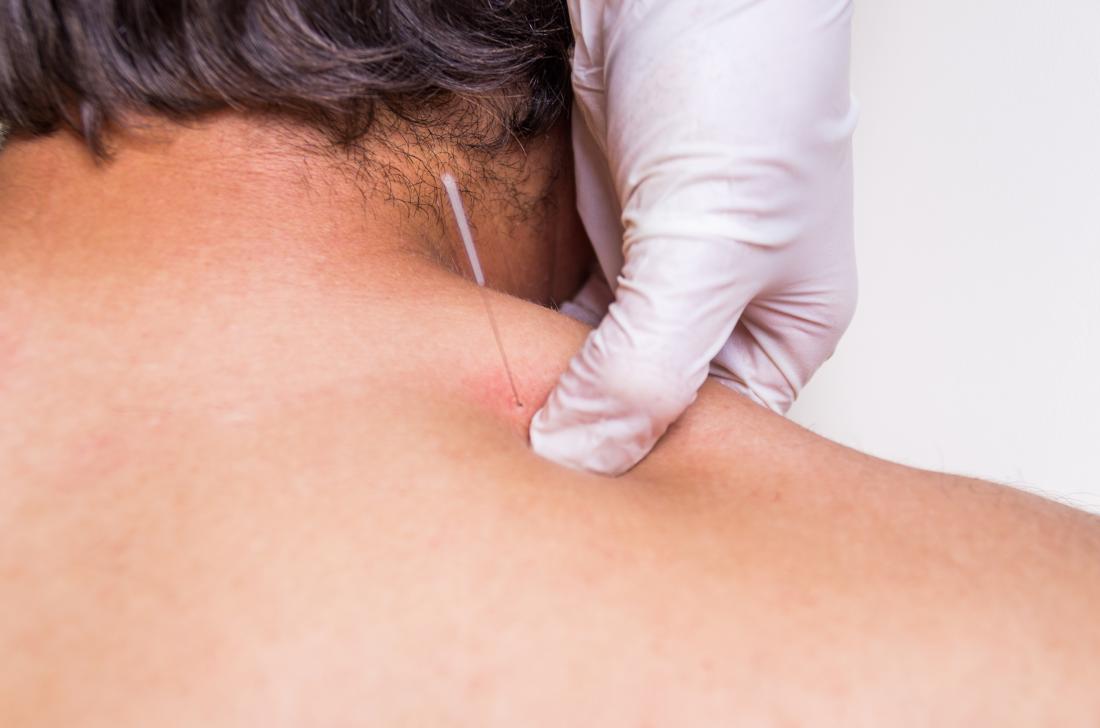
DRY NEEDLING
Dry needling includes the use of fine needles to treat myofascial trigger points to reduce pain and improve function of the muscles. The needles are usually kept inside the myofascial trigger point for 10-15 minutes and help in reducing the muscle tension and tone, helps in optimising the functioning of the muscle, aiding in correction of movement patterns.

EXERCISE PROGRAMME
We form a tailor-made exercise programme which is specific to the individual’s needs, demands and goals. The exercise programme is progressive in nature, continually modified according to the changing parameters of the patient. We prescribe home exercises programmes to help maintain and increase your strength and flexibility and maintain your fitness at home.
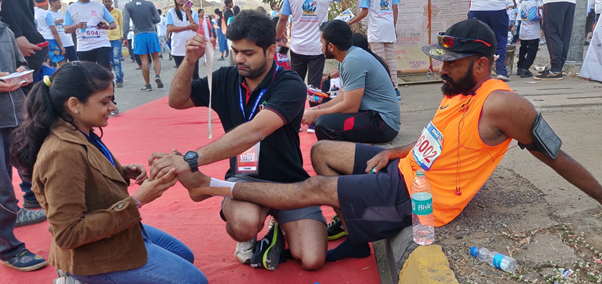
SPORT-SPECIFIC TRAINING
We undertake a detailed sport specific screening for all the athletes when they come in. Based on the results of the screening, we formulate a progressive rehabilitation program addressing their deficits as well as to optimize their performance in the upcoming competitions.
Every sport has it's own set of demands which need to be met in order to excel in the same.
For example:
Football requires power, agility and endurance
Tai Kon do required stability and explosive strength
Gymnastics requires balance, flexibility and proprioception
Sport-specific training programs are carefully crafted depending on the demands of the sport as well as the athlete's fitness levels, movement patterns, biomechanical deficits from the screening and goals. This is carried out in collaboration with the athelete, coach as well as concerned health professionals.
The progressive rehabilitation programme is designed to not only minimize the risk of injuries but also to enhance performance according to the periodization of the athlete's competition calender
Success!
Error!